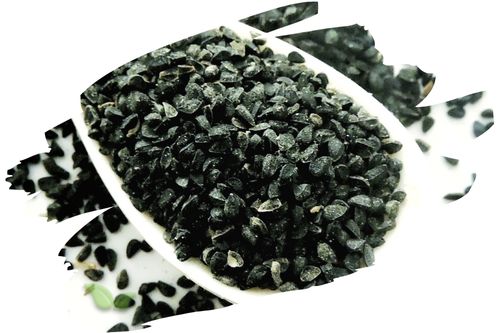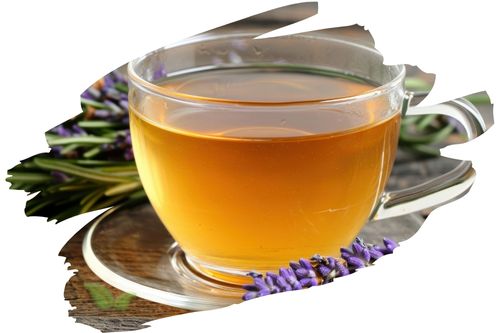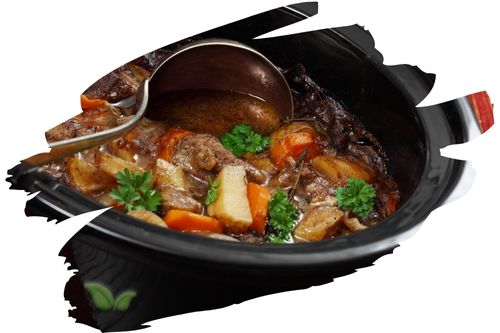
Celery seed oil is a versatile essential oil that is derived from the seeds of the celery plant. Here's a comprehensive guide to celery seed oil and its uses:
-
Extraction Process: Celery seed oil is extracted from the seeds of the celery plant through steam distillation. The seeds are crushed and then exposed to high-pressure steam, which releases the volatile oils from the seeds.
-
Flavor and Aroma: Celery seed oil has a strong, spicy aroma with notes of earthiness and warmth. Its flavor is similar to the aroma, with a slightly bitter and nutty taste.
-
Culinary Uses: Celery seed oil is a popular flavoring ingredient in a variety of cuisines, particularly in Indian and Southeast Asian cooking. It is often used in marinades, dressings, sauces, and soups, and pairs well with other spices such as cumin, coriander, and turmeric.
-
Aromatherapy Uses: Celery seed oil is used in aromatherapy to help relieve stress and anxiety, and to promote relaxation and restful sleep. It can also help improve concentration and mental clarity.
-
Cosmetic and Skincare Uses: Celery seed oil is a popular ingredient in skincare products due to its anti-inflammatory properties and ability to soothe irritated skin. It is also used in hair care products to help promote healthy hair growth and reduce dandruff.
-
Precautions: Celery seed oil is generally safe when used in small amounts, but it can cause skin irritation and sensitization in some individuals. It should be avoided by pregnant and breastfeeding women, and those with kidney or liver disease.
Celery seed oil is a versatile essential oil with a range of health and culinary benefits. It can be used in a variety of ways, from flavoring dishes to promoting relaxation and improving skin health. However, it should be used with caution and in moderation, and any concerns about its use should be discussed with a healthcare professional.
Alert: While spices can have many beneficial properties for health, using them for medical purposes should be done under the guidance and supervision of a healthcare professional or specialist. Some spices may interact with medications or cause adverse reactions in certain individuals, and it is important to use them safely and appropriately. If you are considering using spices for a medical condition, it is important to consult with a healthcare professional before doing so.




















































